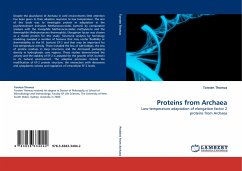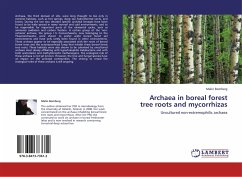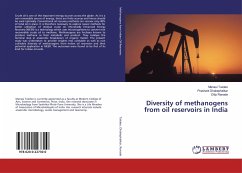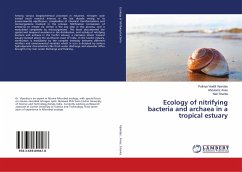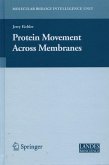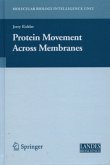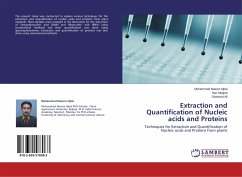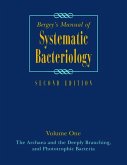Despite the abundance of Archaea in cold environments little attention has been given to their adaptive response to low temperature. The aim of this book was to investigate protein in adaptation in the psychrotolerant archaeon Methanococcoides burtonii by comparative analysis with the mesophile Methanococcoides methylutens and the thermophile Methanosarcina thermophila. Elongation factor was chosen as a model protein for this study. Structural analysis by homology modeling revealed a number of features that may confer flexibility or thermolability to the M. burtonii EF-2 and that may be important for low-temperature activity. These included the loss of salt-bridges, the loss of proline residues in loop structures and the decreased packaging density in hydrophobic core regions. These studies demonstrated the activity and the stability of EF-2 is adapted for the growth of M. burtonii in its natural environment. The adaptive processes include the modification of EF-2 protein structure, the interaction with ribosomes and cytoplasmic solutes and regulation of intracellular EF-2 levels.
Bitte wählen Sie Ihr Anliegen aus.
Rechnungen
Retourenschein anfordern
Bestellstatus
Storno

